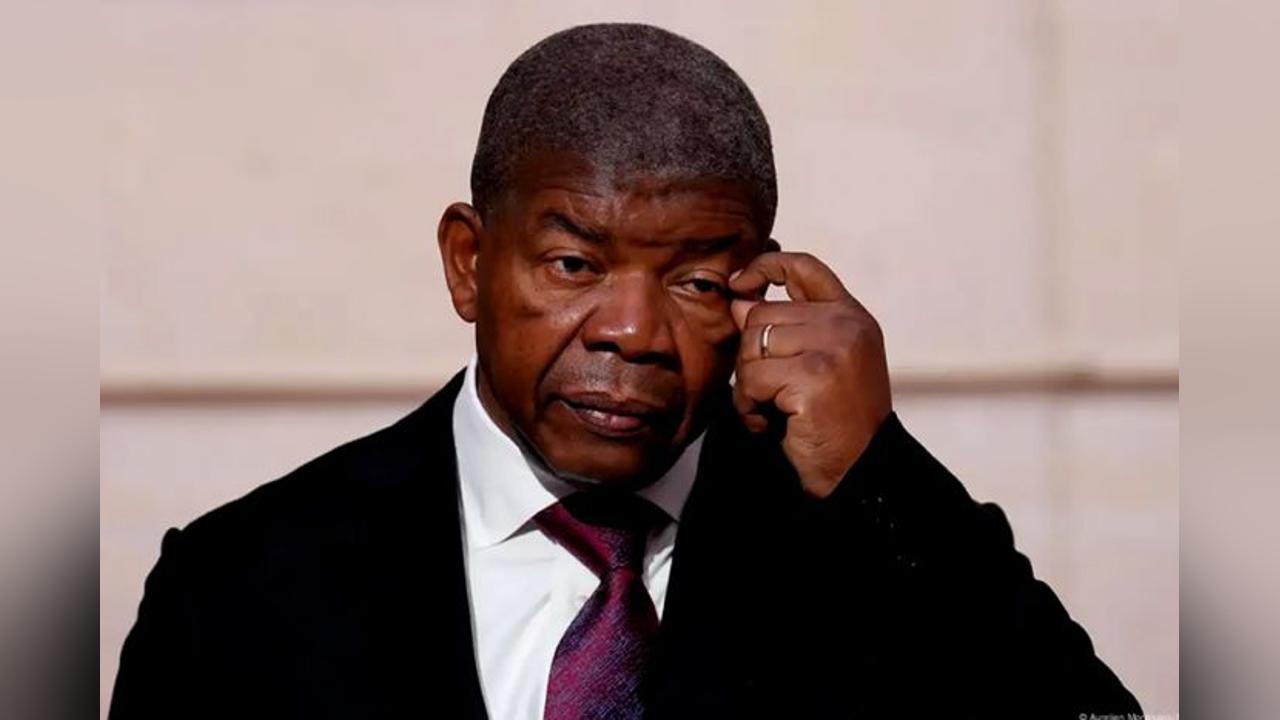Africa-Press – Angola. After three days of protests in Angola, with deaths, injuries, arrests, and looting, President João Lourenço remains completely silent, highlighting the disconnect between power and the suffering of the people, criticizes an NGO.
In an interview with DW, Serra Bango, president of the Justice, Peace and Democracy Association (AJPD), states that President João Lourenço’s silence in the face of the social and economic crisis in Angola reflects the culture of impunity and lack of accountability rooted in the MPLA.
According to Bango, this stance exacerbates instability and highlights the disconnect between power and the suffering of the people. He also warns that, if the President were to speak out, he risks making an accusatory speech, as has happened in the past, further exacerbating political and social tensions in the country.
DW Africa: How does the AJPD interpret this silence at such a critical moment for the country?
Serra Bango (SB): In our political history, we have presidents who almost never react to these situations. Therefore, it’s part of the governing party’s DNA, so to speak, that its leaders, and consequently the President of the Republic, almost never react to these situations. There’s no culture of rulers providing explanations for their actions to those governed. And this situation is also one of them.
But this situation has another element: it emerges as a source of disapproval of João Lourenço’s and the MPLA’s governance. And, therefore, he will have more than enough reasons not to speak, because he feels he is facing a challenge. But what will he say? Citizens probably expect that, if he intervenes, he will say that immediate measures will be taken to reverse the current socio-economic situation in Angola. But we don’t believe that, at this point, the governing party and the executive branch, as such, have any effective measures that will reverse the current socio-economic situation in Angola.
DW Africa: What risks does this stance of power isolation pose to the country’s democratic stability?
SB: If he speaks at this point, what will probably happen is that the President, instead of making a conciliatory speech, a speech that brings hope, we run the risk of hearing a speech in which he points fingers at the culprits for this situation and which further exacerbates the political and social situation and the political tensions that exist.
As happened on January 10, 2021, in a similar situation, a taxi drivers’ strike that was transformed into an act of vandalism—the committee of the party governing the Benfica urban district was burned down—the MPLA instead of seeking the causes, sought a culprit. They even forced the detention of a young man for a year, forcing him to declare that the person who guided him and carried out those acts was UNITA or the president of UNITA. Therefore, we run the risk that if the President speaks, if it isn’t a conciliatory speech, it will be one that will further inflame tensions and create a situation of social instability, with unpredictable consequences.
DW Africa: The government announced that the situation in Luanda has returned to normal, but reports point to fear, instability, and deaths. Do you think there’s an attempt to erase or minimize the events in the eyes of the public?
SB: The executive branch led by João Lourenço, because he’s stubborn, doesn’t like to listen, and doesn’t know how to listen, has always turned a blind eye to this. That’s why I think, I suppose, that it will be somewhat difficult for him to speak out. Now, if he wanted to reverse this situation, the best course of action would be for him to speak out on Sunday or days before the strike begins, because this strike was announced well in advance.
Had he made a statement to calm things down and offer some hope, it would likely have lessened the impact of this strike. But he didn’t. He remained stony-faced, preferring to tour Europe. He arrived, didn’t give any explanation on Monday, and is probably preparing his next trip, probably to Japan. Therefore, whoever is to blame, whoever governs, is the one responsible for everything that happens, the good and the bad.
For More News And Analysis About Angola Follow Africa-Press






